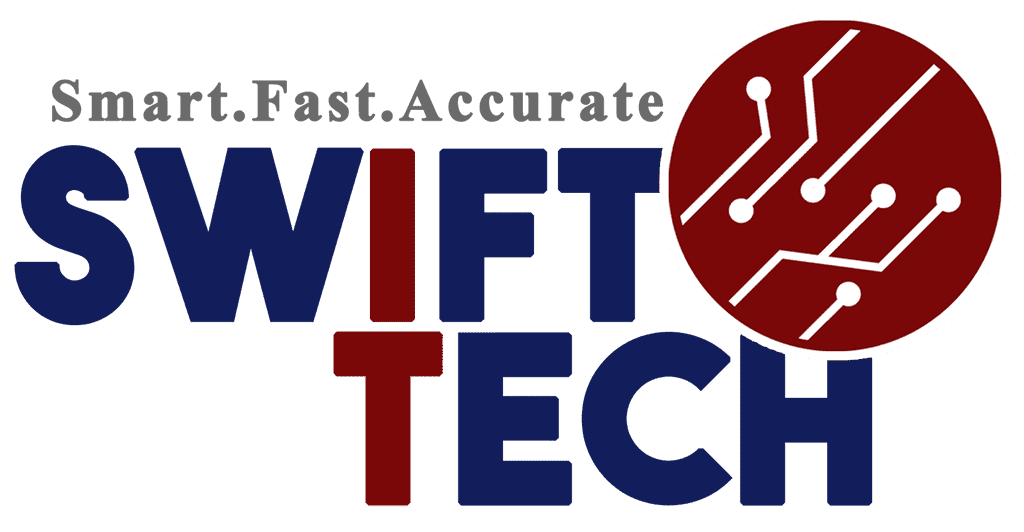Am I safe online?
A question everyone asks, Am I SAFE online? Specially around this time of the year when we are booking for summer holidays or buying Christmas gifts online. But Not only in times, when virtually, we live most of our daily life online gaming, socialising, connecting, shopping, banking, paying for services or running a business. All that makes our online security a major issue today, but not many of the internet users would know fair deal about how to stay safe online. Do you?
I am George Salama, the founder of SwiftTech. Through a series of articles, I will guide you through some of the online security measures that you should use to surf the internet safely, protecting your kids and your online privacy away from the annoying scammers, hackers and data collectors.
Let’s start by agreeing to the meaning of some of the day to day terms that you will deal with on the internet, words like, attachments, bounce back, cache, cloud, cybercrime and cybersecurity, encryption, firewall, ISP, malware, server, virus .. etc.
For today will work with only three of them; Attachments, Cybercrime and Cybersecurity. Attachments are any sort of file “Word, Excel, PDF … etc” that you might receive as an addition to an email. Cybercrime is any type of illegal activity that is undertaken (or relies heavily) on a computer. There are thousands of types of cybercrime, including network intrusions, identity theft and the spreading of computer viruses. While, Cybersecurity refers to measures designed to protect your computer, device or network from cybercrime. This involves preventing unintended and unauthorised access, change and damage.
Being in the IT maintenance business for over than 20 years now, the most common problem most of my customers face is the internet scammers. I usually classify scammers, if you like, into three types; The Malicious type, in which they are trying to gain access to your computer, steal all your information and bank details then move money out of your accounts. The second type are the Intermediates, who try to sell you free software as a paid version. Then the Harmless ones, who try to force sales for their services or programs, even if you are not in need for them. Obviously, all of them are only after your money with no genuine benefit to yourself.
How to prevent this from happening and how to protect your privacy online, I will discuss that in detail in the next articles, but here is a quickie, Do NOT click on any link or download any program you don’t know, Do NOT!
For any further questions related to the article above or in IT maintenance services, please send them to: info@swifttech.com.au

